Bill Blair, the former police chief of Toronto, slides into his restaurant chair and twinkles at the waitress. He’s 6ft 6in, white-haired now but perky. Bill has 120 years of policing behind him. He, his father and his grandfather all served 40 years in the force. Now he’s an MP and he’s legalising cannabis in Canada.
The restaurant has been here since early in Bill’s father’s time on the beat. It claims to have invented the bacon cheeseburger. We sit round a plastic-topped table and Bill tells me how he ended up pushing drug reform.
‘When I left the force all three political parties wanted me to run for office. I’ve spent my life avoiding politics and the other parties reminded me why. They just wanted me for political kudos. But Trudeau was different. He asked my advice on policy.’
Danny Kruger, Steve Moore and Peter Hitchens argue the cases for and against cannabis legalisation:
Justin Trudeau, the handsome young leader of Canada’s Liberal party, wasn’t supposed to win the 2015 election. The Liberals were third in the polls, in part because they had a bunch of wacky policies — such as cannabis legalisation. Then, largely because of Trudeau’s telegenic appeal and political savvy, they won.
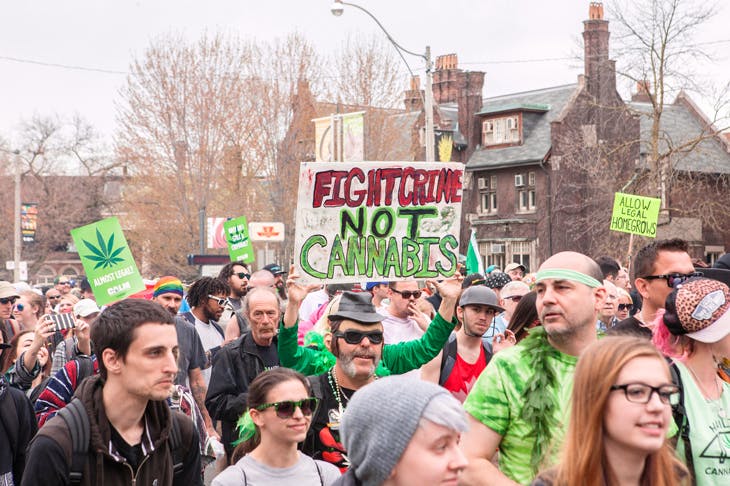
The streets of Toronto during the annual Marijuana March
A few months before the election, Trudeau asked Bill how he should handle his party’s position on cannabis. The old cop gave him this advice: don’t make it about cannabis. ‘I asked him why he wanted to do it. He said because he didn’t want criminals preying on kids. I said, “That’s the policy. That’s what we need to do.” ’
Cannabis use among young people in Canada is the highest in the world. Almost a quarter of all teenagers are regularly getting high, and while most grow up and grow out of it, some develop mental health problems and many more screw up at school. So Bill’s advice to Trudeau was to make the top priority ‘keeping cannabis out of the hands of children’. After the election, he wrote the new government’s policy paper setting out a path ‘Toward the Legalisation, Regulation and Restriction of Access to Marijuana’.
How, I ask, is legalising cannabis going to restrict access to it? Bill explains: ‘Cannabis use is endemic in our society. It’s a massive market and we’re simply not managing it. Legalisation for adults means we can regulate supply and put our law enforcement resources where we need them: policing the minors’ market and going after the really dangerous drugs that kill people.’
Bill complains that across Canada the police have given up enforcing the law. In big cities the sale and possession of pot is effectively decriminalised, giving criminals an open and unregulated market. ‘It’s the worst of both worlds,’ he says: lots of weed and lots of crime.
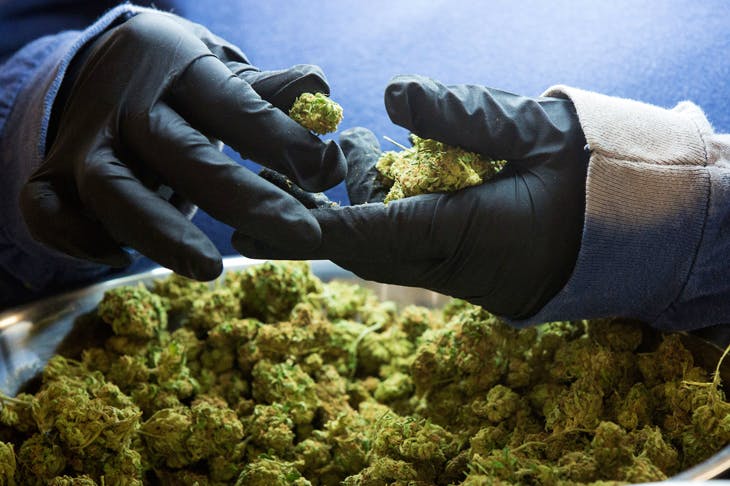
(Photo: Getty)
After lunch I walk a few hundred yards to see what he’s talking about. Beside a vacant lot, a nondescript entrance gives into a small whitewashed room with huge glass jars of weed on the shelves. I am proud to see one labelled UK Cheese, which turns out to be a revolting-smelling skunk made to a British recipe of incredible potency.
This is a ‘dispensary’ — illegal, but pretending to respectability by hanging an illuminated green chemist’s cross amid the Bob Marley posters. Punters are required to fill in a form citing anxiety or back pain, which a girl with a ring through her septum efficiently files away before ladling out the weed. The police leave them alone; indeed last week some cops came round and warned the manager about a spate of robberies against dispensaries. You can see why that happens: shops like these can take $15,000 (£9,000) in cash a day (untaxed, of course).
I wander a few blocks north to the Village, Toronto’s LGBT district. I’m looking for the city’s biggest dispensary. I find it easily: a big green shopfront between two gay bars with a queue into the street. We shuffle along. A guy comes out looking cross. ‘They’re out of moonrocks,’ he complains to the crowd. I learn that a moonrock is a marijuana bud dipped in cannabis oil and rolled in kief, the dust that hash is made of. When we get inside I see, through a fug of weed smoke, the big jars of grass and a range of exotic products: oils, liquids for vaping, all sorts of edibles. Most people are buying to take away. On low sofas at the back of the shop a dozen dismal stoners lie about smoking joints and pipes. It’s like a Victorian opium den with ice hockey on the TV.
Canada is joining a global trend. From Uruguay to Portugal, countries are unilaterally withdrawing from the UN Convention on Drugs, which requires them to maintain the international prohibition. US states are doing it too: first Colorado, then Alaska, Oregon, Maine, Nevada and Washington have all opted to legalise. And last year, via a question on the ballot at the presidential election, Californians voted to join them. That’s a population the size of Canada’s and an economy the size of Britain’s.
Legal cannabis is coming. But California, like Colorado before it, is the model of how not to do it. The focus in these libertarian frontier states is on freedom — and commerce. Colorado has deliberately turned itself into a tourist destination for potheads. Californians, in voting to legalise cannabis, voted against an additional proposition to finance education and public health campaigns to encourage safe use. There will be billboards, TV advertising, Hollywood product placement. Bill Blair says, ‘I call these the “Let’s get the party started” places. I don’t want a party in Canada. I want less people smoking cannabis — and I don’t want to glamorise it so kids think it’s cool.’
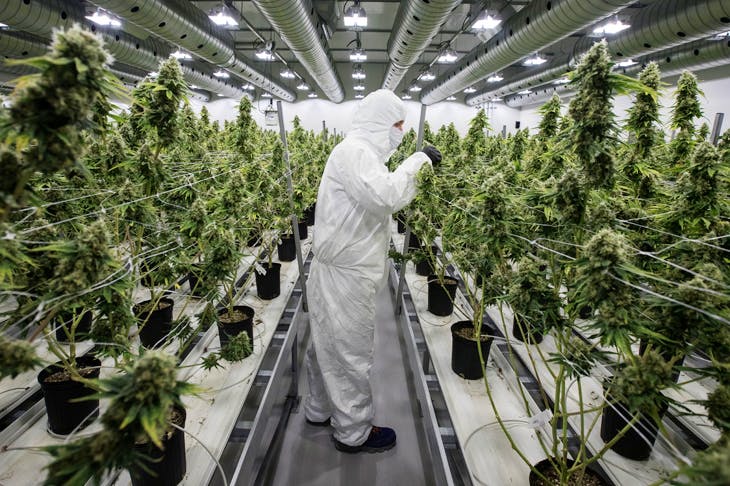
Medicinal marijuana plants at Tweed INC, Ontario (Photo: Getty)
Canada’s approach is to be as square as possible. There will be no advertising. Products will be sold in plain packages, with no sales alongside alcohol and tobacco. The greater the potency, the higher the taxes will be. It is, one must admit, all rather joyless. But after all, cannabis is joyless stuff. The Canadians are simply applying their national formula — liberal and boring at the same time — to a problem that deserves it.
Perhaps Canada’s approach will appeal to our own dour Prime Minister. Cannabis use is endemic in British society too, including in the just-managing towns outside the metropolises which Theresa May wants to help. She has already signalled her concern about the crisis in young people’s mental health. The illegal cannabis trade is a major contributor to this crisis. A brave step would be to commission a report looking at the impact on young people’s wellbeing of drugs — including the effect of illegality, and the potential for a regulated market. As the campaigning journalist Mike Power recently suggested in a paper for the thinktank Volte-face, this market could be entirely online, without Canada’s horrid high-street dispensaries.
‘All is permitted,’ said St Paul — no liberal — ‘but not all is beneficial.’ We do not need to ban everything bad. After all, the Victorians never prohibited alcohol. They regulated it, taxed it and hedged it about with a culture of disapproval. In our own day, by the same means we have effectively stopped children getting access to booze, and reduced harmful adult use. Instead of the prohibition of cannabis we need an old Victorian virtue: temperance.
Got something to add? Join the discussion and comment below.
Get 10 issues for just $10
Subscribe to The Spectator Australia today for the next 10 magazine issues, plus full online access, for just $10.

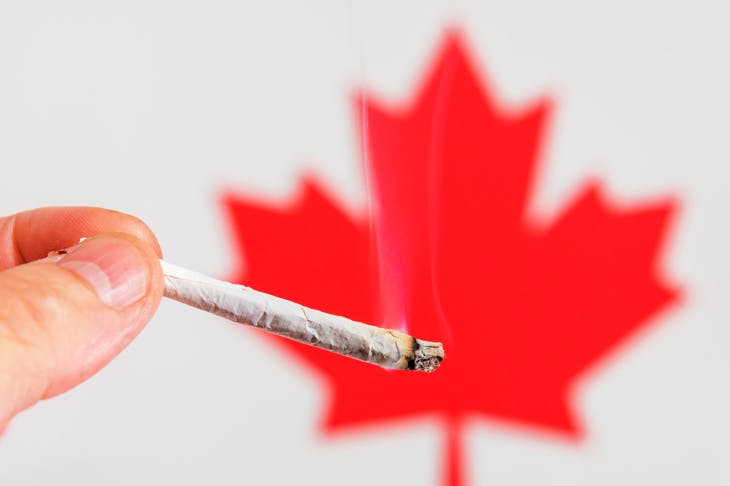
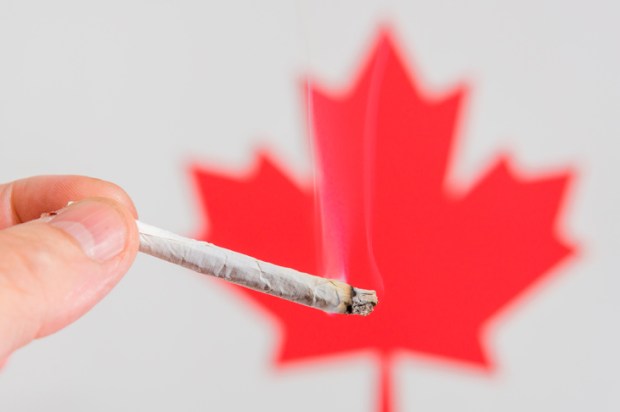
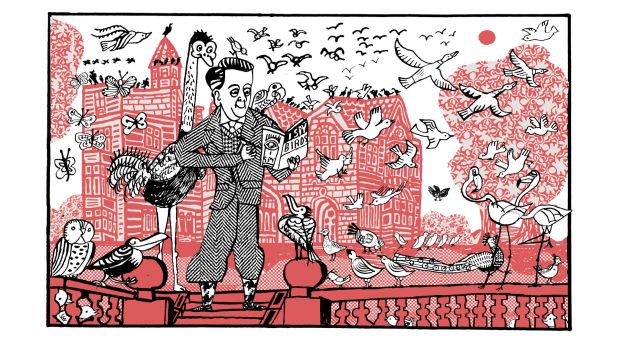










Comments
Don't miss out
Join the conversation with other Spectator Australia readers. Subscribe to leave a comment.
SUBSCRIBEAlready a subscriber? Log in